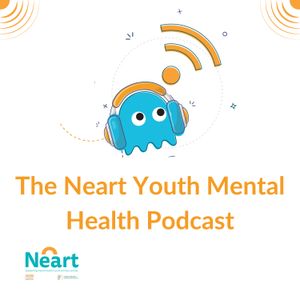Exam stress impacts everyone. Learning how to manage it is essential to success and well-being at school.
As part of Jigsaw’s new schools programme Neart, the team has produced a podcast which provides tips and advice on how to understand and manage the stress of exams for students and parents.
Listen here
In this episode, the Neart schools team talks to Dr. Kim Lombard from Jigsaw, Catríona Rodgers and Eoin Houlihan from the Institute of Guidance Counsellors, Áine Lynch from the National Parents Council, Joe Leonard, principal of Cross and Passion College in Kildare, and Cian and Katie from the National Comhairle na nÓg.
We discuss the impact exam stress has on young people and families, how parents can recognise when a young person is experiencing a worrying level of stress, some practical ways parents can support young people, and possible avenues of further support for both young people and their parents.
The Neart Youth Mental Health Podcast is brought to you by Jigsaw, The National Centre for Youth Mental Health, and the Department of Education and the National Educational Psychological Service.
Information on the organisations and supports mentioned can be found here: Exam Stress Episode resource
A general list of supports for parents & guardians can be found here: Parent & Guardian Support List
To sign up for the Neart Parent newsletter and access further supports, register here: Neart Parent Registration
For more information on Neart visit www.jigsaw.ie/neart













